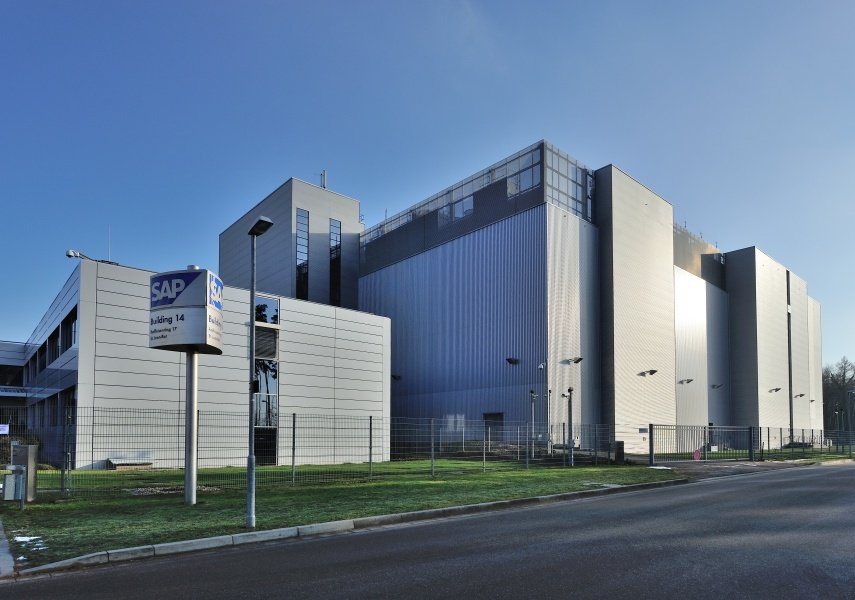SAP will be looking to Asia as part of its plans to establish data centers in six new locations by the end of the year.
To support the increasing demand for cloud services, it was reported on ZDNet last month that SAP expects to grow its global data center footprint from 14 to 20 locations.
It already has three data centers in the Asia-Pacific region--two in the Japanese cities of Osaka and Tokyo, and one in Sydney, Australia.
Simon Dale, head of SAP HANA Enterprise Cloud for the Asia Pacific and Japan (APJ) regions told FOCUS the disparate nature of the Asia Pacific market, which unlike North America and Europe is made up of countries with varying laws and different levels of economic development will drive growth across Asia Pacific.
Not by coincidence, the existing SAP data centers are established in Japan and Australia - locations that are most ready for the cloud.
Dale said Singapore is a location SAP has plans for, though he cautioned that SAP goes through a rigorous process to establish a business case before committing to the capital investment required to actually set a facility up.
He did not offer any time frame as to when this may happen.
Dale said SAP is in the final stages of establishing a data center in China to deliver Software-as-a-Service (SaaS). He said the process is more complicated in China due to the individual licenses that are required before various cloud services can be rolled out.
SAP doesn’t always opt to establish its own data center, and is also happy to leverage partner capacity when it makes sense to. This is currently the case in India.
Dale said in SAP in South Korea in June also entered into a partnership with LG CNS to establish the SAP HANA Enterprise Cloud (HEC) Center located within the LG CNS Busan Global Cloud data center. The data center will support the SAP HEC service.
Given the diversity of the Asia Pacific market, there is no doubt that the top issue faced by businesses in the region will pertain to data sovereignty.
According to Dale, the challenge for businesses outside of regulated markets such as finance and healthcare boils down to defining what it entails.
Dale said one Australian customer, for example, is fine with its data being located outside of the country for non-production purposes but requires it to be within the country for production use.
In Singapore, there is another customer happy to be hosted by SAP’s data center in Japan because it is fully-owned by a Japanese parent.
SAP has embarked on a cloud-centric strategy, and saw rapidly rising revenue from cloud applications in Q2 this year.
According to a report on The Wall Street Journal, revenue from SAP’s cloud-based products jumped 52% to €241m, and the forecast for its full-year cloud revenue has been raised by €50m to between €1bn and €1.05bn.

